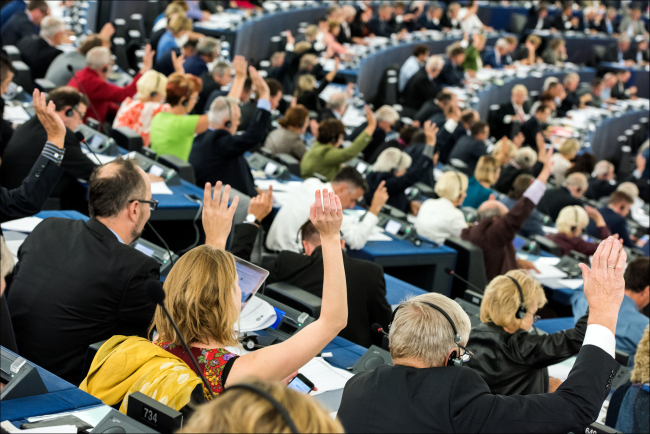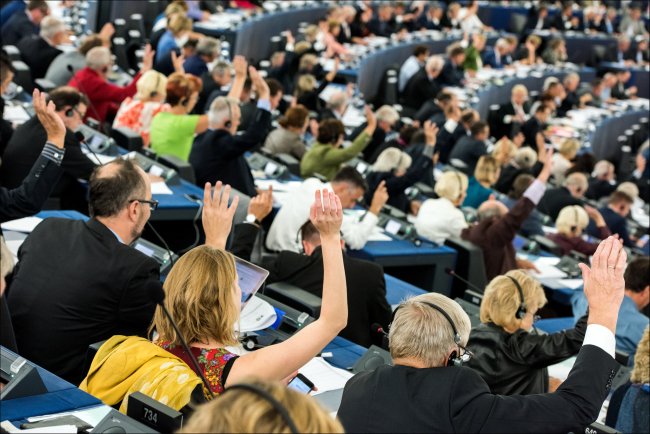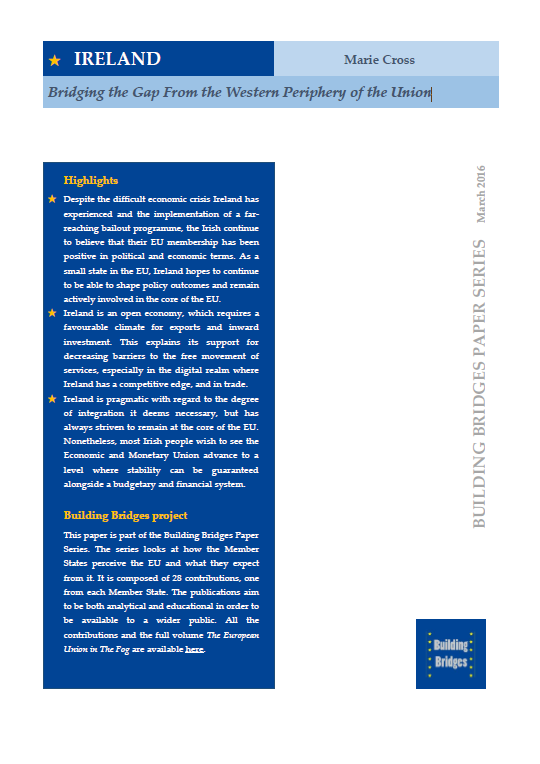
Ireland: Bridging the Gap from the Western Periphery of the Union
Despite the difficult economic crisis Ireland has experienced and the implementation of a far-reaching bailout programme, the Irish continue to believe that their EU membership has been positive in political and economic terms. As a small state in the EU, Ireland hopes to continue to be able to shape policy outcomes and remain actively involved in the core of the EU.
Rushing to a deal on the UK could be ill-thought-out for the EU
Germany and the Eastern Partnership after the Ukraine Crisis
The conflict in and about Ukraine has catapulted the European Union's Eastern Partnership (EaP) into the limelight of international attention. Belittled as a bureaucratic and technical policy instrument, the European Neighbourhood Policy and the EaP as its Eastern regional dimension have within the course of a few months gained unexpected geopolitical significance.
Visions of EU Reform - Written evidence to the House of Lords
Vivien Pertusot provided written evidence to the inquiry of the EU Select Committee of the UK's House of Lords on "Visions of EU Reform". This inquiry is organised in the context of the UK Government's renegotiation and future referendum on the EU.

Exploring the strengths and weaknesses of European innovation capacity within the Strategic Energy Technologies (SET) Plan
The purpose of this policy report is to explore the strengths and weaknesses of European innovation capacity within the Strategic Energy Technologies (SET) Plan Integrated Roadmap.
EU Reform: Mapping out a state of flux
“EU Reform” is widely discussed across Europe but rarely defined. This report analyses how the 28 member states of the European Union understand “EU reform” and provides an insight into how their views might play out in debates on the future of the EU as well as on day-to-day politics.
Will the party “Alternative for Germany" be able to establish itself on the German political landscape?
Only a few months after it had been founded, the Alternative for Germany party (AfD) won 4.7% of the second votes in the federal elections, on 22 September 2013 – only 130,000 short of what was required for entry into the German Bundestag. Party and election researcher Oskar Niedermayer called it a "successful failure".
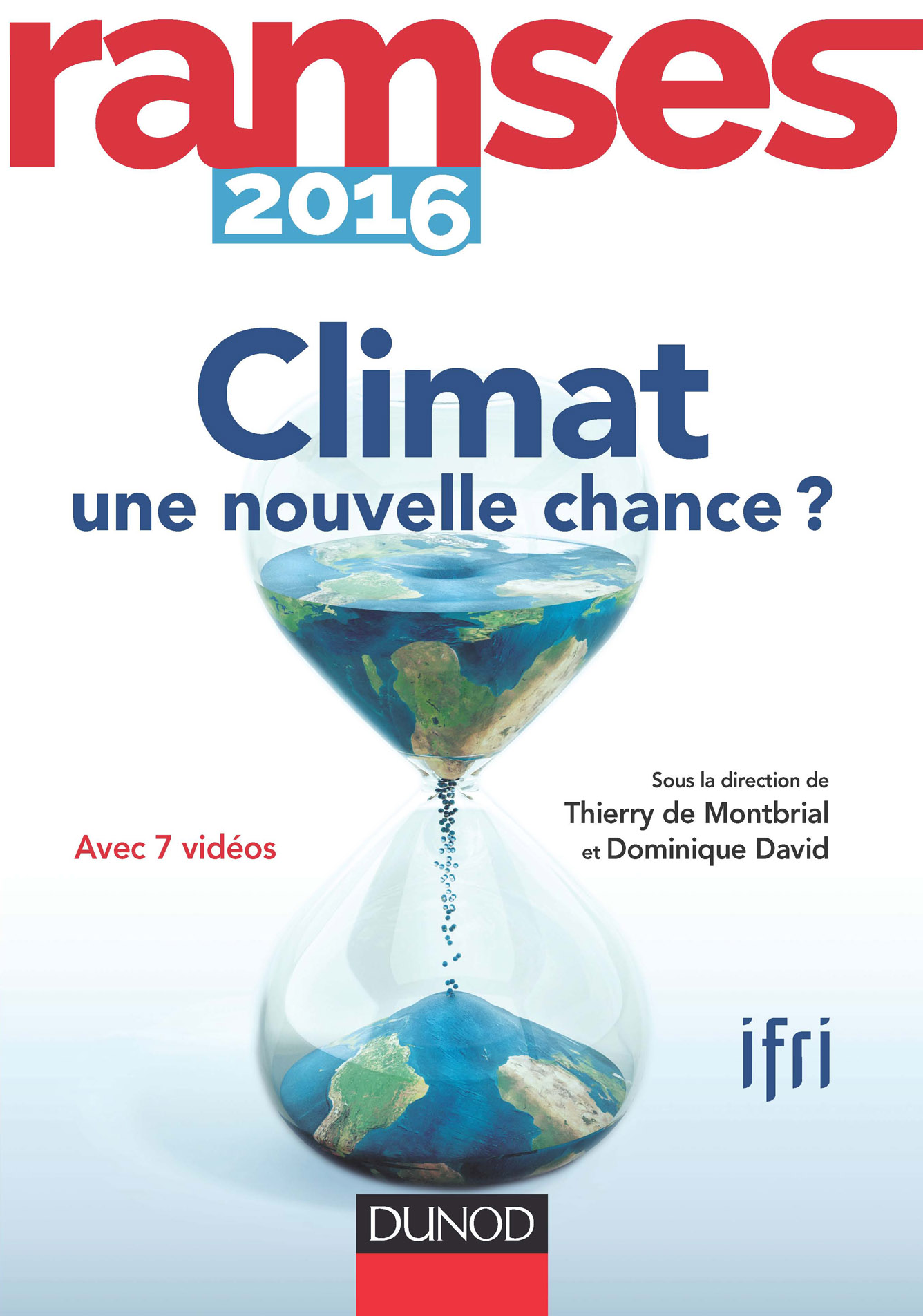
RAMSES 2016. Climat : une nouvelle chance ?
Written by Ifri's research team and its network of associates, the new RAMSES 2016 analyses geopolitics on a worldwide scale. The major theme of this 34th edition is Climate: A new chance? In addition, RAMSES 2016 tackles the insertion of Africa in globalization and the uncertainties of democracy today in post-industrial societies, but also in the South.

TISA, TTIP: How Trading is Done on Europe’s Behalf
The way in which bargaining mandates are granted to the Commission for the purpose of leading the European Union’s commercial negotiations make it a unique negotiator.
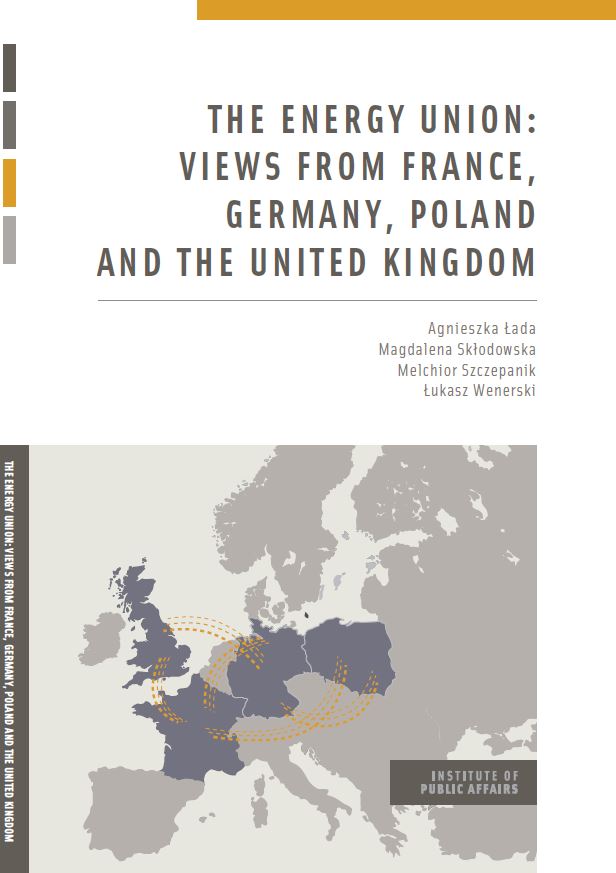
The Energy Union: Views from France, Germany, Poland and the United Kingdom
Report published by Instytut Spraw Publicznych (ISP) and presented at the 1-2 July 2015 conference organised by ISP, Stiftung Genshagen and Ifri: "Energy Union - Germany, France and Poland between common European goals and divergent national approaches". Melchior Szczepanik (ISP) and Carole Mathieu (Ifri Centre for Energy) co-authored the chapter dedicated to the French perspective on the Energy Union.
Support independent French research
Ifri, a foundation recognized as being of public utility, relies largely on private donors – companies and individuals – to guarantee its sustainability and intellectual independence. Through their funding, donors help maintain the Institute's position among the world's leading think tanks. By benefiting from an internationally recognized network and expertise, donors refine their understanding of geopolitical risk and its consequences on global politics and the economy. In 2025, Ifri supports more than 80 French and foreign companies and organizations.








